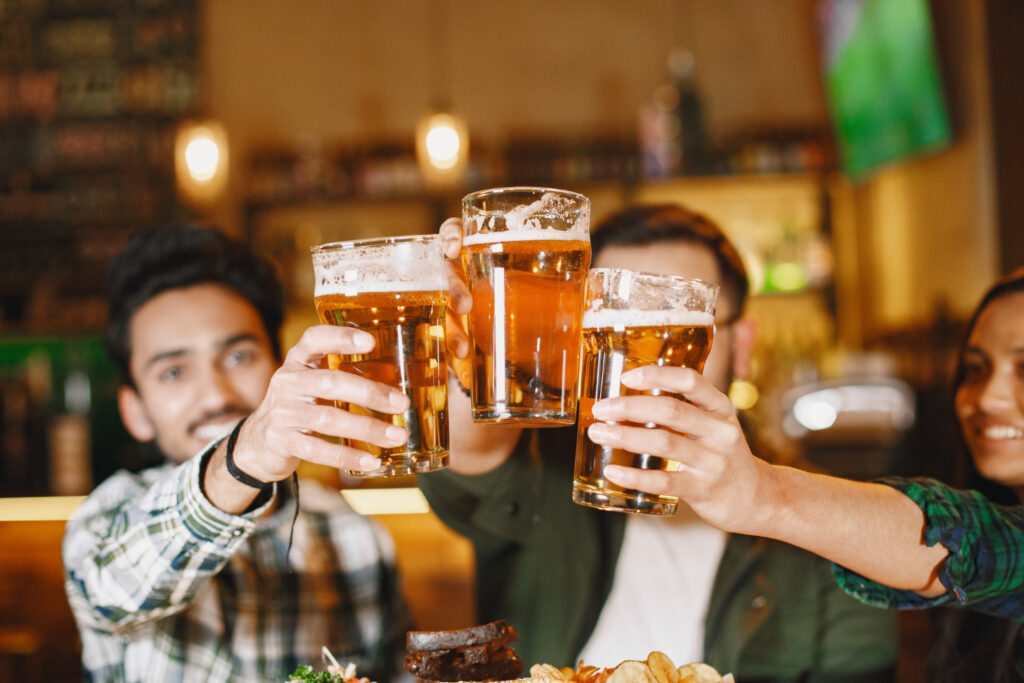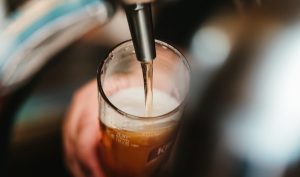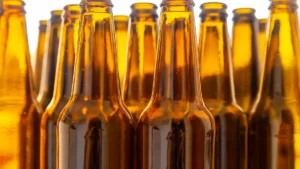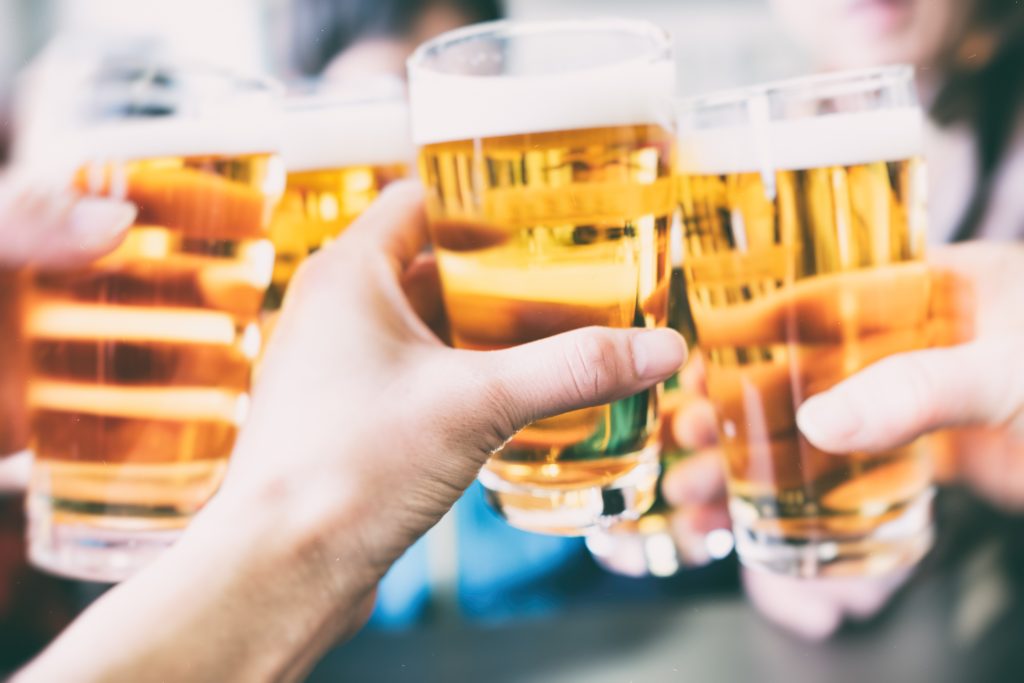POLL: Beer Dominates Dry January

WASHINGTON – More than half (58 percent) of Americans participating in Dry January are choosing low- and no-alcohol beer to help them achieve their goals, according to a recent poll conducted by Morning Consult and commissioned by the Beer Institute. Significant investment by brewers across the country has led to new innovations in low- and no-alcohol beer, providing beer lovers with exciting new choices that don’t sacrifice quality.
As many Americans increase their focus on moderate consumption, a growing majority of them are using low- and no-alcohol beer to help them hit their goals,” said Brian Crawford, president and CEO of the Beer Institute. “Brewers are committed to meeting this demand, and as the beverage of moderation, beer’s dominance in the low- and no-alcohol space reflects decades of investment by brewers and an industry commitment to encourage responsible consumption. The beer industry is enabling consumers to enjoy their favorite beers without sacrificing quality.
Key highlights from the poll:
- Of those participating in Dry January, 58 percent feel that new options like low- and no-alcohol beer help them moderate their consumption.
- Further, 58 percent say that low- and no-alcohol beer is a good alternative for people who are looking to moderate their alcohol consumption long-term.
- 55 percent say that the quality of non-alcoholic beer has improved over the past few years.
Other data of note:
- According to NIQ, beer makes up 86.1 percent of all non-alcoholic beverage dollar share in the United States.
- The non-alcoholic drink market now exceeds half a billion dollars a year, up 31 percent in the past year.
- Almost all major beer brands are now producing NA beers, including Anheuser-Busch, Molson Coors, Constellation, HEINEKEN and Sam Adams.
- Athletic Brewing, which exclusively brews NA beer, has become the 14th largest craft brewer in the U.S.
Methodology:
Morning Consult conducted this poll on behalf of the Beer Institute between January 9-10, 2024, among a sample of 2,137 adults aged 21 or older. The interviews were conducted online, and the data were weighted to approximate a target sample of Adults 21+ based on age, gender, race, educational attainment, and region. The results have a margin of error of plus or minus two percentage points.
###













